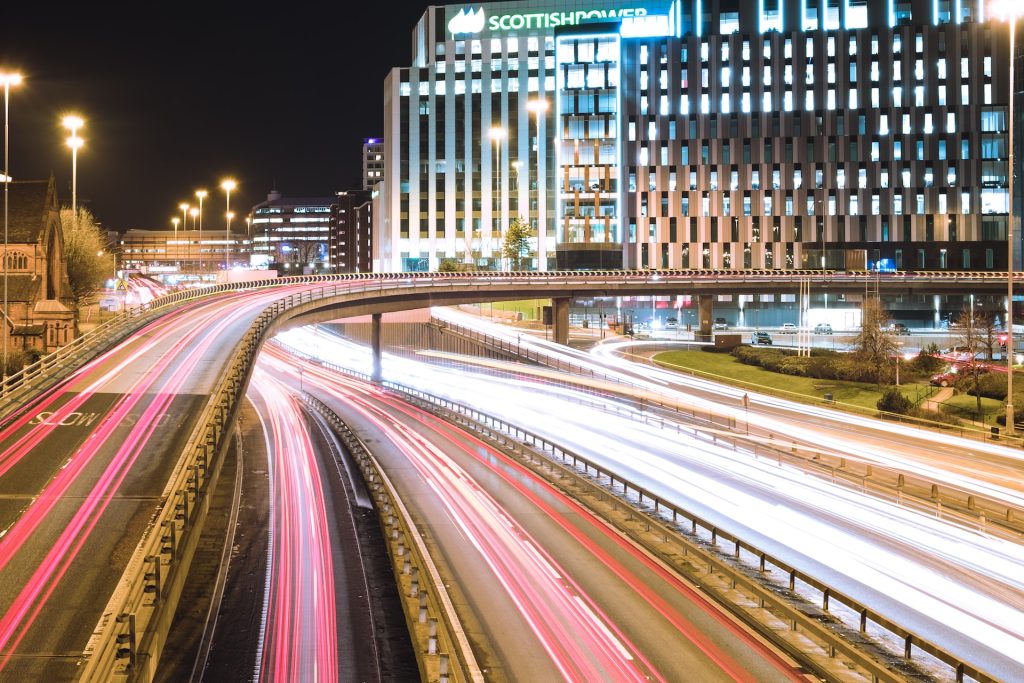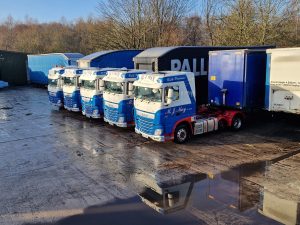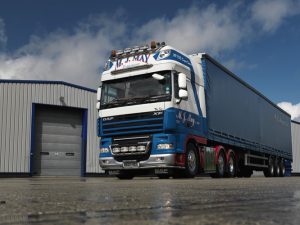The narrative surrounding global environmental concerns has been gaining traction in recent years. Amidst urgent calls for action to combat climate change, industries are being scrutinised for their environmental footprints.
At the heart of this discourse, the UK haulage industry finds itself under the microscope. But instead of becoming a part of the problem, visionaries like MJ May Transport are taking decisive steps to be part of the solution. They illustrate that logistics and environmental stewardship can seamlessly intertwine by embracing green haulage and sustainable practices.
The Current Climate: Haulage’s Environmental Impact
The UK haulage sector has historically been a significant contributor to carbon emissions.
Diesel trucks, long transport routes, and inefficient logistics processes contribute to a larger carbon footprint. The challenge, therefore, has been to find ways to minimise these emissions without compromising on the efficacy and reliability that the industry is known for.
MJ May Transport: Leading the Charge towards Green Haulage
Amid these challenges, MJ May Transport emerges as a beacon of change. Recognising the imperatives of the environmental crisis, the company has actively invested in eco-friendly trucks and innovative practices. But what does green haulage look like in practice?
Eco-Friendly Trucks:
Modern trucks are no longer the gas-guzzlers of the past. MJ May Transport’s fleet now includes vehicles designed for reduced emissions. Whether it’s trucks that run on alternative fuels, electric vehicles, or those with enhanced fuel efficiency, these trucks are built to be kinder to the planet.
Optimised Routes
By leveraging advanced logistics software, MJ May Transport ensures that its trucks take the most efficient routes, reducing fuel consumption and minimising vehicle wear and tear, leading to a longer lifespan and less waste.
Sustainable Practices:
Beyond trucks, sustainability seeps into various facets of operations, including responsible waste management, efficient energy usage in warehouses, and even training drivers to adopt eco-friendly driving habits.
The Wider Industry: A Shift in Consciousness
While MJ May Transport is a forerunner in this green initiative, they’re not alone. The entire UK haulage industry is experiencing a paradigm shift.
As awareness grows, many companies recognise the long-term benefits of adopting sustainable practices – not just for the environment but also for operational efficiency and cost savings.
The Role of Regulation
Regulatory bodies in the UK are vital in propelling this shift towards greener practices. By setting stringent emission standards and incentivising eco-friendly operations, they’re ensuring that green haulage is not just a choice but a necessity.
Embracing the Change: Challenges and Opportunities
Transitioning to greener practices has its challenges. The initial investment required for eco-friendly trucks or infrastructure upgrades can be daunting for many haulage companies.
However, forward-thinking firms see beyond these immediate hurdles, focusing on the long-term benefits.
Eco-friendly operations often translate to cost savings in the long run. Reduced fuel consumption, tax incentives, and even positive brand perception are some benefits companies stand to gain.
The Road Ahead
As we forge into a future where sustainability is no longer a luxury but a necessity, the haulage industry stands at a crucial juncture. By embracing green practices today, companies are securing a sustainable future for the planet and ensuring their longevity and relevance in an ever-evolving market.
Conclusion
The UK haulage industry’s journey towards green practices is a testament to the sector’s resilience and adaptability. Companies like MJ May Transport exemplify the possibilities at the intersection of logistics and environmental responsibility.
As the clarion call for sustainability grows louder, it’s heartening to see industry stalwarts lead the charge, showing the world that green haulage is not just the path forward – it’s the only way forward.




